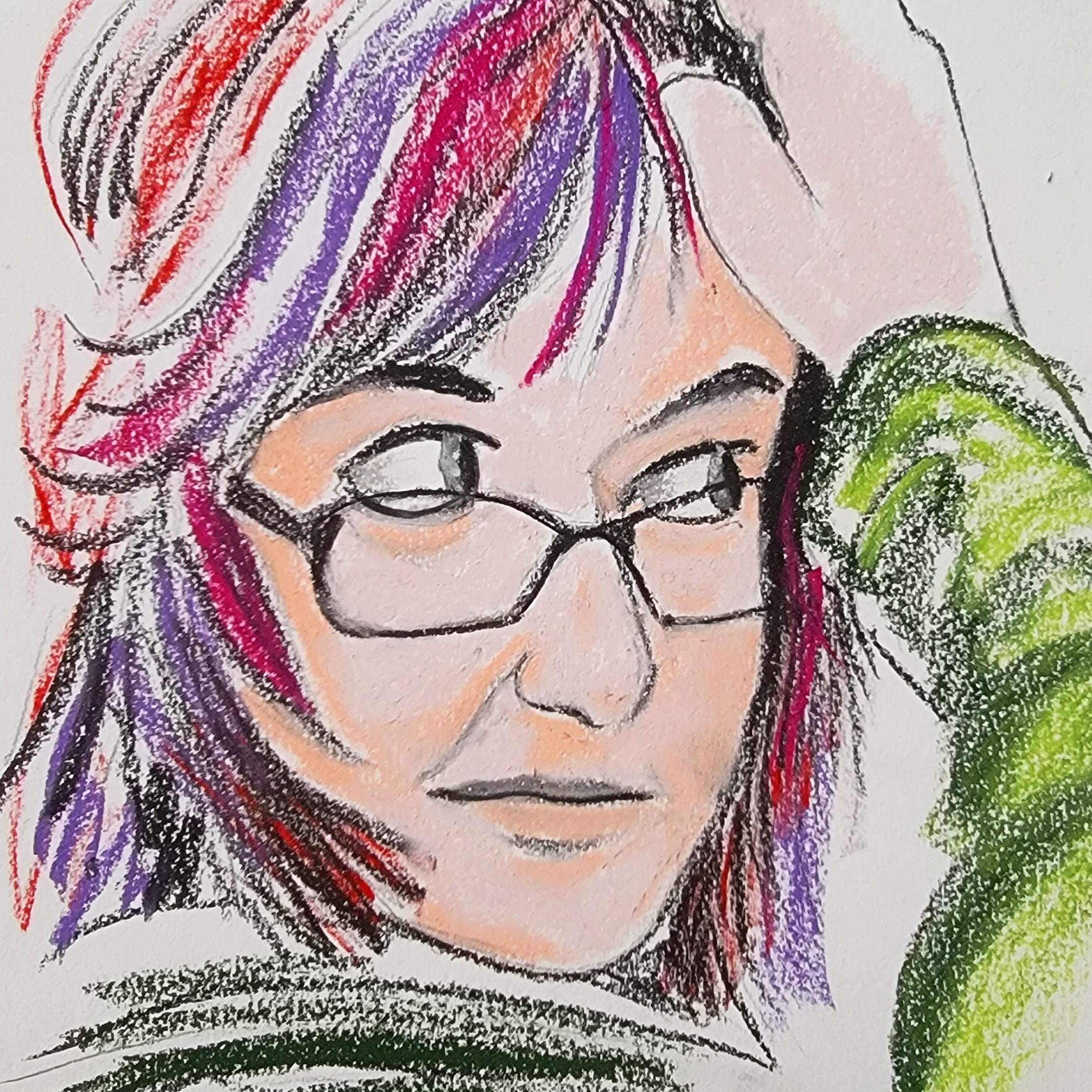Last week I had a very difficult experience reading the Parable of the Sower. For anyone who would like to read the book, read at your own caution because I am going to discuss it in general terms. Mainly it’s going to be centered around the general topics discussed and the tone and perspective of Octavia Butler and her characters. I did not finish, so the end and events past the middle are mostly unknown to me.
Last year my husband read it and it moved him greatly. I heard from him and many others that the book was a “spookily accurate representation of the climate apocalypse.” And “No one else has predicted the events in 2020 so well” so I had some forewarning before cracking the cover. My husband started talking about the possibility of us procuring a piece of unincorporated land at some point in the future, as well as encouraging us to learn more survival and unarmed combat skills. I thought this was fine, but a bit wild-eyed, I wasn’t sure why he was convinced we would necessarily be in so much danger.
I took what I liked from the idea, which was coming to better understanding of the wilderness in order to harvest food and supplies from a parcel of land. The past few months, instead of art, I have been studying plants and identification and foraging. Wild food processing techniques, and such things. It made me hungry for a connection to nature, longing to have a closer relationship with a plant ecosystem community as a member within instead of part of the civilization taking from and taming the wilderness.

I’ve been making great strides in understanding, learning quickly and imagining a future with me walking through my own forest questing for the next harvest. I had quite the image in mind, of me with my digging stick and paring knife and shears, basket over my shoulder and brimmed hat aging gracefully with Andrew.
Then, last week I started reading Parable of the Sower. The book starts with the main character, Lauren, living in a walled enclave of houses in L.A. Her father is the pastor, and everyone pretty much in the cul-de-sac comes to the services, and pulls their weight in different ways to keep the little community safe in the face of immense civil unrest.
That premise felt alright, although I did not like the infighting and intense mistrust that the characters within the walls constantly acted toward one another. Her father seemed to be the sole civilizing influence over unfeeling, scared, fractured souls who did little more than pity their neighbors when tragedy befell them.
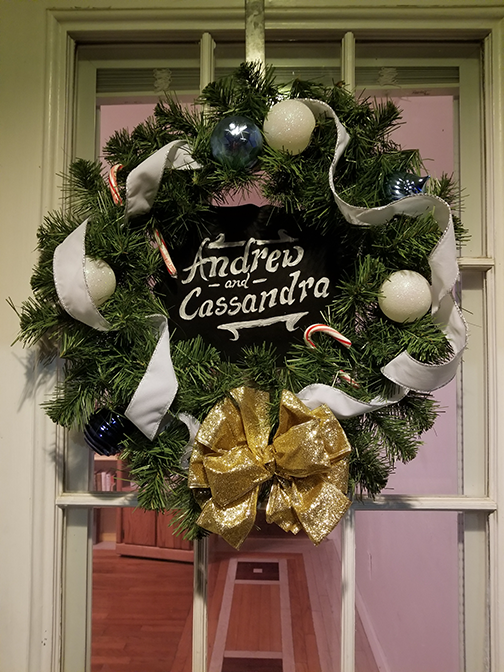
The most irritating thing about the milieu was that the general population seemed to have no factions they participated in and never showed allegiance or brotherhood to anyone. She gave no examples of flags, rituals, colors, or brands amongst the people within the neighborhood nor the outward society, save one. The drug addicts, which were described in the most unflattering terms, would paint themselves bright colors; they then displayed no allegiance to one another. It was specified that they would let their fellows burn, without lifting a finger to stop the flames.
Most apocalyptic stories do not talk of gangs, flags or church memorabelia, but it’s not often ignored so flagrantly, preferring to show individuals as lone prey or small groups of predators. Even in Fallout there are factions; even in Fallout the drug addled scavvers watch each other’s backs. A human with no allegiance is as unnatural as a human with no head. I’ve simply never heard of such a thing.
The violence is grotesque, gruesome and gratuitous. In the face of such immense tragedy, the people I know fall back on the things they believe to be true. They trust in their religion, their community, their loved ones. They huddle together, they do not scowl and run to their own corner and hide. They look up to the light, not down at the blood.
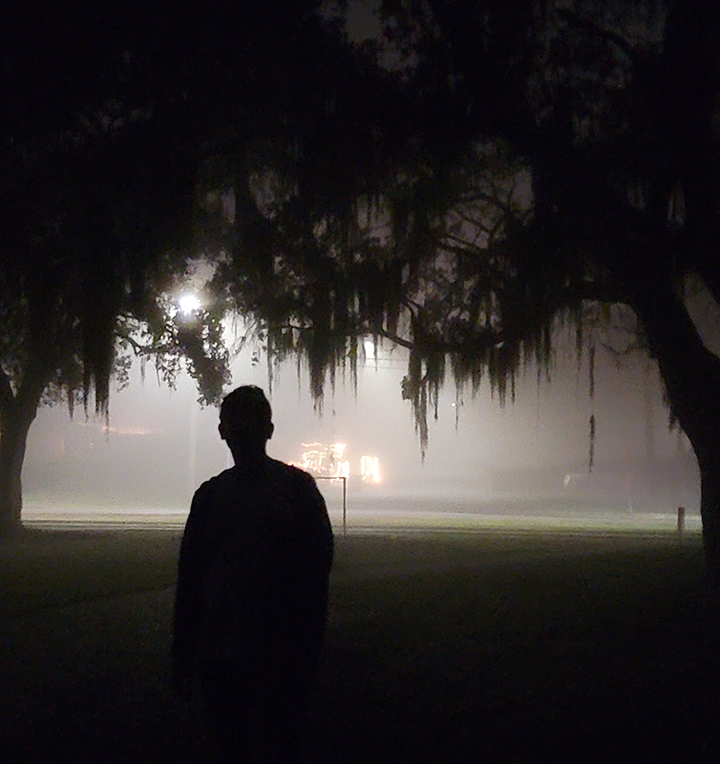
I wonder if Octavia Butler had ever read Man’s Search for Meaning. It seemed that no one in the book had any meaning in their life, no purpose or motivation besides panic. A holocaust book is a walk in the park next to the Parable of the Sower. At least they had brotherhood, pride, humanity. They had a reason to live.
Lauren had a few books from her father about wild foods. She studied them out of fear of not being able to use the stores to take care of herself, and mistrust of her place in society. She thought there was safety in independence and was acutely aware of how fragile the walls of the neighborhood stood in the face of L.A. Essentially she wanted to run to the forest to be a hermit because everyone in society was out to hurt her, and she did not believe there was a safe place for her if people could get to her.
After some particularly unnecessary descriptions of violence, I put down the book. I couldn’t pick it back up at that point, so I looked at another book, the next book on my reading list. Braiding Sweetgrass. A non-fiction book written by a Native American botanist about her journey blending native wisdom with scientific thought. Very popular, it had been difficult to get a hold of from the library, just like Parable.
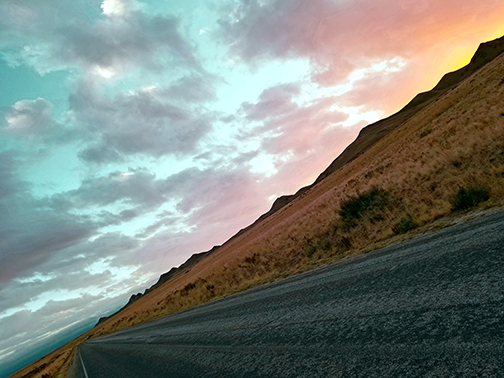
The book began with her people’s story of creation. It made me weep at the beauty of it, the trust and love and interwoven nature of their society and the land that bore them. The shock of falling out of Octavia’s world of murderers, arsonists and rapists and into a world of a loving plant community raising a little girl to watch strawberries ripen was such mental whiplash, I could barely stand it. I knew which world I wanted to live in.
I was a little girl with a very shaky trust in my fellows, very hurt by children’s taunts and always suspicious of others intentions. I had trouble making friends and kept my society at arms length, even through my adulthood. I listen closely to people’s words and am slow to trust. I don’t like that aspect of myself, though. I wish it wasn’t necessary, but it often is.
But I was a little girl who trusted the woods. I watched the birds and the tadpoles and the weeds and they grew unattended, against all odds, all on their own. I had a sturdy home and a mother who cooked me food and a whole country of people who called me fellow, but the only place I could look was the thicket full of blue jays. I would run on all fours like a monkey and grow wings in my dreams but every day I was pulled back into the world of civilization.
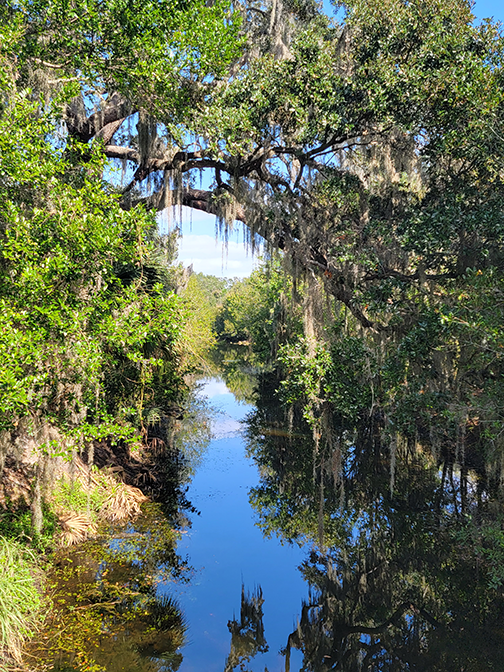
I knew the animals and plants were honest, and clever and efficient in a way that our bulky cars and humming air conditioner and bright flashing advertisements could never understand. I knew that a creek could create clean well fruiting trees and fishmeat and fields of wildflowers where no agriculture would get more than a row of wheat from the diversion.
I have a scientists blind faith in the efficiency of evolution, I’ve seen the maps of trees marching their forests up and down the continents in time with the glaciers. I know that life is hardy in a way that society is not, and I believe that as long as I remember my nature, there will always be a place for me.
I don’t know what the future holds, or if Octavia Butler told it in 2006. What I do know is that I knew the truth when I was a wild little girl, I am a child of the wilderness, not the master of it. A master must exert dominance to maintain power. A child merely takes the parent’s love with wonder and trust. A child did not earn or deserve what is given. A child does not destroy the family with it’s birth, but adds to it. I will continue to study the old ways of herbalism and sustenance out of a desire for growth and a sense of connection to my wild family.

I will not live in fear, but learn in peace and grow strong. One day I will walk through a patch of ground I can protect from harm, prune and harvest my wild garden, and snare spring rabbits. Join me, if you like, even if it is only in my dreams.
